Our mission also includes recognizing the many wonderful chefs and home cooks who dedicate themselves to creating delicious meals for their families or acclaimed restaurants worldwide.
We treasure any contributions you would like to make to our blog, or if you have a family recipe you'd like to share with our community, please reach out at [email protected]. You are amazing, and so should your tasty cooking!
For now, love yourself and enjoy this one ...
By Ian Blessing, of All The Bitter
(Editor's note: The original, unabridged version of this article can be found on All The Bitter's blog.)
The best way to think about cocktail bitters might be to call them the spice rack of the bar. Typically used in "dashes", or the equivalent of a pinch of seasoning, bitters have the ability to highlight or enhance flavor in the same way that salt or pepper might. Bitters help to balance and add another dimension to cocktails that are often dominated by sweet or sour flavors. They can even tie different elements of a cocktail together, and add complexity to drinks that might be lacking. For something that comes in such a small bottle, bitters pack a big punch! But what the heck are they? What are bitters?
WHAT ARE BITTERS?
Bitters are crafted by infusing a neutral alcohol base (or vegetable glycerin) with a carefully selected blend of aromatic spices, herbs, fruits, roots, and other botanical ingredients. These flavorful components lend bitters their distinct taste profiles and contribute to their versatile applications in cocktails. While recipes vary, common ingredients found in bitters include cinchona bark, which imparts a bitter and earthy note, gentian root known for its intense bitterness, warm spices like cinnamon and clove, and the zesty essence of orange peel. These ingredients are meticulously combined and macerated to extract their flavors, resulting in a complex, intense extract. Bitters typically have an alcohol content ranging from 35 to 45% ABV (alcohol by volume), but alcohol-free bitters are also available.
HOW BITTERS ARE MADE
Besides sourcing all of the esoteric ingredients - and for that we recommend Mountain Rose Herbs - making bitters is actually a pretty easy process. If you're interested in trying it out at home, there are plenty of easy-to-follow recipes on the web. The basic process to make alcoholic bitters goes like this:
1. Toss your ingredients in a glass container with a lid, like a mason jar. Add your high-proof spirit, seal the container, and shake it daily for 2-3 weeks.
2. Strain the liquid through cheesecloth into another container and seal it. Place the leftover botanicals in a small saucepot with water and simmer lightly for 5-10 minutes. Transfer this water, and the botanicals, into a clean jar, seal it, and let it infuse for a few days in the refrigerator.
3. Using a cheesecloth, again strain the water from the solid ingredients. Combine the infused water and the spirit - this brings the ABV of the bitters down to 30-45% - and optionally add sweetener like simple syrup or honey to balance the intensely bitter flavors.
Want to make non-alcoholic bitters? The process is even easier. It starts the same way, by placing your botanicals into a clean container. Add a mixture of vegetable glycerin and water, ideally in a ratio of 75% glycerin to 25% water for shelf stability, filling the container nearly to the top (making sure there's enough room for the botanicals to float around). Seal the container and shake it daily for 6-8 weeks.
HOW ARE BITTERS USED?
While bitters might seem like the exclusive purview of trained bartenders, they're actually pretty easy to use, especially when you think of them as the spice rack of the bar. A few dashes add intrigue and depth to a drink and do an excellent job of balancing both sweet and sour flavors, which cocktails tend to have in spades.
Consider the five basic tastes: sweet, sour, salty, bitter, and umami. A drink, or a dish, might feel incomplete if it only contains one or two of those taste sensations. Now, we don't need to pack all 5 tastes into everything we eat and drink, but if you can incorporate a wider range of those flavors into your cocktail, you're going to have a more satisfying experience. Let's look at a simple whisky sour as an example. In its most basic form, the drink contains only three ingredients: whisky, lemon, and sugar. Adding a few dashes of Aromatic bitters isn't going to change the flavor profile dramatically - it'll still be the same whisky sour - but it'll be more complete. Include a few drops of saline solution and now we're really firing on all cylinders!
ARE BITTERS ALCOHOLIC?
Bitters are alcoholic, generally containing between 35-45% alcohol by volume. However, because bitters are typically used in such small amounts, once they're diluted into an otherwise non-alcoholic drink like a glass of club soda, they're often considered to be non-alcoholic (like vanilla extract in baking). This can be a slippery slope for folks in revover, though. A few dashes of bitters in a non-alc cocktail certainly won't get you drunk, but one dash too many can easily put your drink over the 0.5% ABV threshold that defines "non-alcoholic" beverages, and more importantly, above the comfort level for many people who identify as sober or alcohol-free. There's a great post at Alcademics that breaks down the exact ABV of drinks made with bitters.
ARE THERE NON-ALCOHOLIC BITTERS?
Absolutely! Non-alcoholic bitters offer a delightful alternative for those seeking the flavors and complexity of traditional bitters without the alcohol content. One popular option is glycerin-based bitters. All The Bitter, for instance, utilizes a base of vegetable glycerin, water, a touch of apple cider vinegar, and a complex blend of botanicals to create a rich and flavorful experience. Using ingredients like gentian root, warm spices, fruit, citrus peels, and flowers, these bitters deliver enhanced flavors to cocktails, providing a similar effect as traditional bitters but without compromising on taste or alcohol content. With zero alcohol, non-alcoholic bitters offer a great solution for those looking to enjoy flavorful and well-balanced drinks without the presence of alcohol.
THE LAST SIP
Dispensed with a flourish from tiny bottles in dimly lit bars, cocktail bitters might seem mysterious, but at their core they're really just the spice rack of the drink world. A dash here and a dash there can add depth and complexity to everything from a well-crafted cocktail to a glass of sparkling water. Drinks like the Old Fashioned or Manhattan wouldn't be the same without them, and in fact, the word cocktail as we know it might not even exist. While their rich medicinal history does contain some snake oil salesmanship, bitters absolutely are beneficial for gut health, and continue to be taken today for their functional properties.
To learn more about the wonderful world of bitters, join Erin Holden, herbalist and gardener for the National Herb Garden in Washington, D.C., on Thursday, December 14 at 1pm Eastern for the webinar: Herbal Bitters: A Spring Tonic for Any Time of Year! Our webinars are free to The Herb Society of America members and $7.50 for guests. Become a member today, and enjoy all of our webinars for free along with access to the webinar library with over fifty program titles. To register, visit https://www.herbsociety.org/hsa-learn/herb-education/hsa-webinars/
Medicinal Disclaimer: It is the policy of The Herb Society of America, Inc. not to advise or recommend herbs for medicinal or health use. This information is intended for educational purposes only and should not be considered as a recommendation or an endorsement of any particular medical or health treatment. Please consult a health care provider before pursuing any herbal treatments.
Photo Credits: All photos via Unsplash.com, except for photo 3) A variety of bitters (Achim Schleuning)
By: The Herb Society of AmericaTitle: HSA Webinar: What are Cocktail Bitters?
Sourced From: herbsocietyblog.wordpress.com/2023/12/11/hsa-webinar-what-are-cocktail-bitters/
Published Date: Mon, 11 Dec 2023 10:00:00 +0000
Frequently Asked Questions
What is the difference between basil and oregano?
Both of these herbs belong to the Lamiaceae family. They share similar flavors, but the differences are obvious.
Oregano is more pungent than basil. It also adds an extra layer of flavor to foods.
Basil leaves are smaller than oregano leaves. They are also softer and less aromatic.
The two herbs are often used interchangeably. Although they are quite similar, each has its distinctive qualities.
Should You Use Herbs and Spices for Brain Health?
Herbs and spices have been used for centuries to improve brain health. Research shows that these natural remedies may help prevent dementia and Alzheimer's. Some herbs may even boost memory.
However, no scientific evidence proves that eating an herb-rich diet can keep your mind sharp. When it comes to improving cognitive function, there are more effective ways to do it.
One study found that older adults who took 1000 mg of vitamin B6 daily had fewer mental lapses than those taking placebo pills. Another study showed that drinking coffee could increase blood flow to the brain. Other studies suggest that exercise, socialization, and sleep improve brain health.
The bottom line is that herbs and spices probably won't make much difference to your overall health. But they might give you extra energy and focus, which can come in handy during the day.
Which plant has antibiotic and wound-healing properties?
People often ask about plants that have medicinal uses. Some of these include aloe vera, eucalyptus, chamomile, and lavender. If you're wondering why there aren't any plants used for cleaning and disinfecting purposes, it's because most plants have toxic qualities.
The reason why we use herbs for medicine is that they contain compounds that stimulate our immune system. This means that they help us fight infections and heal wounds.
Some plants also have anti-inflammatory properties. These include ginger, turmeric, and mint.
Herbs such as basil, fennel, marigold, and oregano are great for cleansing the body.
There are even some plants that help prevent cancer. Research shows that black raspberries may reduce the chances of developing breast cancer. The same goes for broccoli. It can help prevent colon cancer.
What herb is best for healing?
Herbs are a fantastic way to help heal our bodies. Herbal medicine has been used since ancient times and continues to grow today. There are thousands of herbs known to cure various ailments.
Some herbs are excellent for treating colds and flu, while others can treat anxiety, depression, arthritis, cancer, diabetes, heart disease, and more.
There are also herbal remedies for skin care, hair loss, weight loss, sexual health, energy, sleep, digestion, and much more.
The list goes on and on. But one herb stands above them all regarding its ability to heal. That herb is called aloe vera.
Aloe Vera is considered to be the world's most powerful healer. For centuries it has helped people heal themselves naturally without any side effects.
It's incredible how well aloe vera works. It's even better than prescription drugs and surgery.
In addition to its natural healing properties, aloe vera is highly versatile and can be used in almost any area of life, including food, beauty products, and household cleaning supplies.
You may not realize this, but aloe vera contains hundreds of active compounds, which include vitamins A, C, E, B1, B2, B3, B6, folic acid, calcium, magnesium, iron, zinc, copper, sulfur, manganese, phosphorus, potassium, sodium, chloride, fluoride, iodine, selenium and more.
These nutrients are essential for human body functions such as cell growth, metabolism, immune system support, healthy bones and teeth, healthy blood pressure levels, healthy eyesight, healthy cardiovascular systems, healthy digestive systems, healthy lungs, healthy nervous system, healthy reproductive organs, healthy skin, and healthy libido.
What herb heals all wounds?
The answer to this question varies depending on the type and severity of the wound.
The herb comfrey (also known as knitbone) has long been used for its healing properties, particularly for skin injuries such as cuts and bruises.
Studies suggest that comfrey contains allantoin, which helps speed up healing. Other herbs commonly used for healing wounds include calendula, plantain, and yarrow. These herbs help to reduce inflammation, stop bleeding and speed up the skin's healing process.
In addition to herbs, honey has also been found to have powerful antimicrobial properties that can help prevent wound infection.
Herbs for wound care is an age-old practice that continues to be used today. However, herbs should not replace medical treatment, and always consult your doctor before using herbs for healing. With the right herbs, you can give your body the support it needs to heal naturally.
What spice is good for inflammation?
Turmeric is one spice that can be beneficial for reducing inflammation. It contains the active ingredient curcumin, which has been studied extensively and shown to have anti-inflammatory effects on the body. Other spices like ginger, cinnamon, cayenne pepper, garlic, and cardamom may also reduce inflammation in the body. Adding these spices to your diet can help reduce inflammation and promote overall health.
Another spice that can be used to reduce inflammation is black pepper. The active ingredient in black pepper, piperine, has been studied and found to have anti-inflammatory properties. It may also help reduce pain associated with inflammation. Additionally, the spice contains antioxidants which are beneficial for overall health.
Adding black pepper to your diet may help reduce inflammation and promote overall health. Be sure to talk with your doctor before adding any spice to your diet, as some spices may interact with your medications or supplements. Eating various healthy foods, including spices with anti-inflammatory benefits, can help keep your body balanced and reduce the risk of chronic inflammation-related illnesses.
In summary, adding spices to your diet can be beneficial for reducing inflammation and promoting overall health. Spices like turmeric, ginger, cinnamon, cayenne pepper, garlic, cardamom, and black pepper have all been studied for their potential anti-inflammatory effects.
Statistics
- For those with high cholesterol, garlic supplementation appears to reduce total and/or LDL cholesterol by about 10-15% (72Trusted Source73Trusted (healthline.com)
- Studies have shown that cinnamon can lower fasting blood sugars by 10-29% in diabetic patients, which is a significant amount (9Trusted Source10Trusted (healthline.com)
External Links
[TAG33]
- Ashwagandha | Memorial Sloan Kettering Cancer Center
- Grape Seed | Memorial Sloan Kettering Cancer Center
[TAG36]
[TAG38]
- Peppermint oil (Mintoil®) in the treatment of irritable bowel syndrome: A prospective, double-blind placebo-controlled randomized trial
- Curcumin reverses the effects of chronic stress on behavior, the HPA axis, BDNF expression, and phosphorylation of CREB
[TAG41]
How To
How do I know if my herbs have been treated with pesticides?
If you see a pesticide label on your herbs, the plants were sprayed with chemicals before being sold to you.
These chemicals harm human health and could cause cancer or other serious illnesses.
Unfortunately, this practice has become common around the globe. Many countries allow farmers to spray their crops with pesticides without proper regulation.
In order not to harm themselves, consumers should always ask about the source of their produce. If it comes from a farmer near you, it’s safe to assume it was not treated with pesticides.
However, there are still ways to ensure that your herbs are free from harmful chemicals.
However, if you want to ensure that your herbs aren’t contaminated, you can purchase organic herbs directly from the farm.
This way, you won’t need to worry about the safety of your herbs. You can trust that they weren’t exposed to harmful chemicals.
Resources:
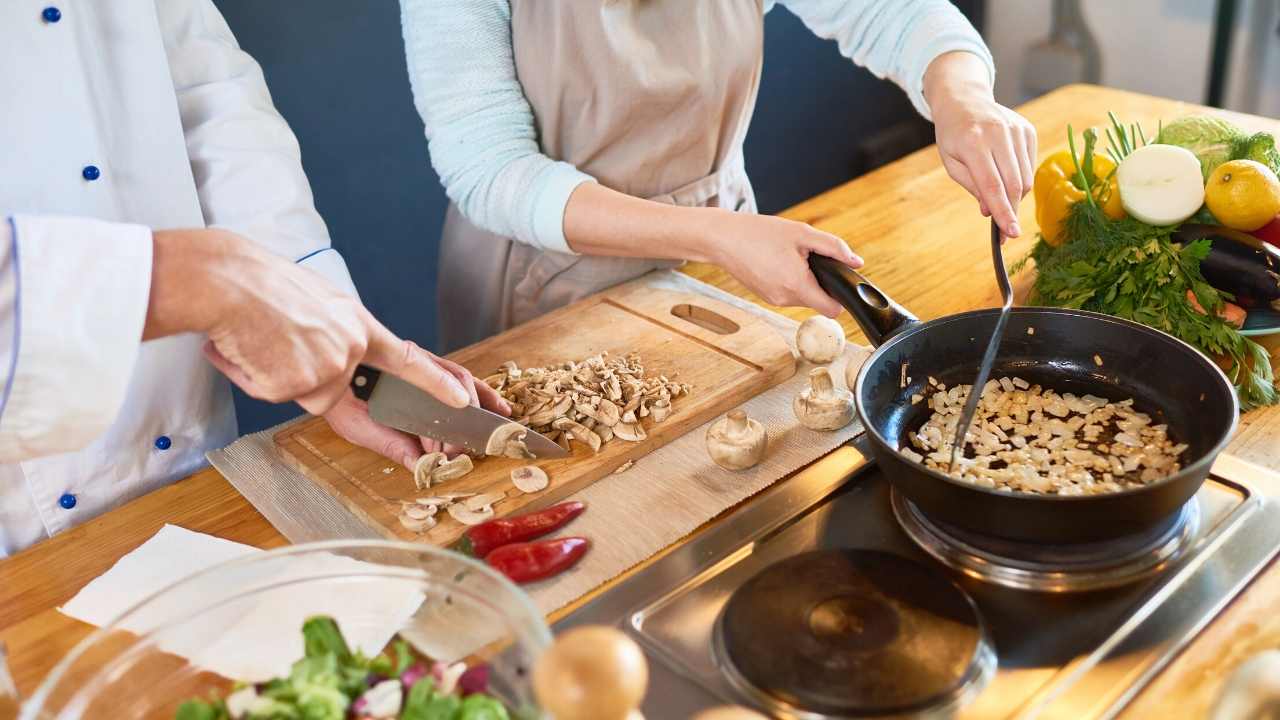 |
[TAG43]In this video we are starting out seedlings for our winter growing in the Tower Garden and we're taking you along for the journey! We'll show you just how easy |
 |
[TAG44]Hope you enjoyed this video and thank you for your support. Don’t forget to like, share and subscribe. PLEASE FOLLOW ME IN FACEBOOK https://www.facebook |
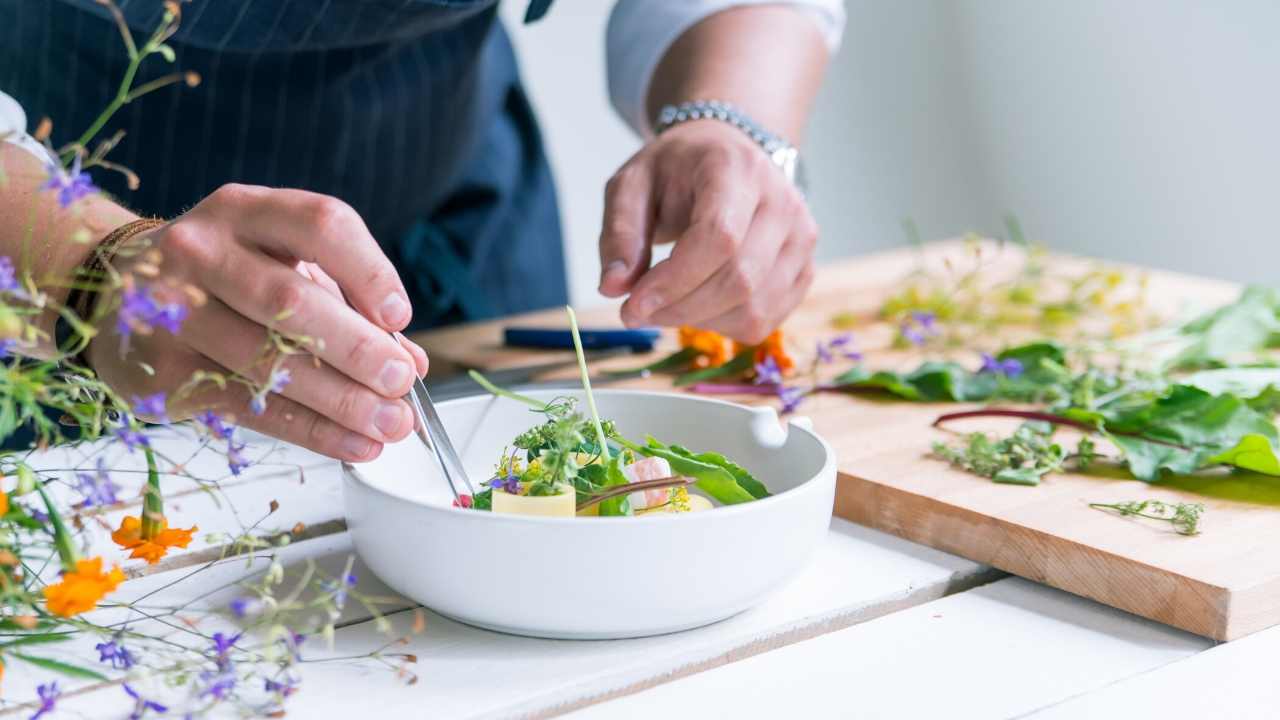 |
[TAG45]Who was the Marble Looking Man? Paul Sinclair shares his accounts of unusual and strange happenings in an around East and North Yorkshire. We now have |
 |
[TAG46]COFFEE MOANING the PODCAST ON APPLE PODCASTS: https://podcasts.apple.com/gb/podcast/coffee-moaning/id1689250679 ON SPOTIFY: |
 |
[TAG47]Are you eating healthy bread? If so, this video is a must-watch before you take another bite of those seemingly innocent slices. Bread might be a staple, but |
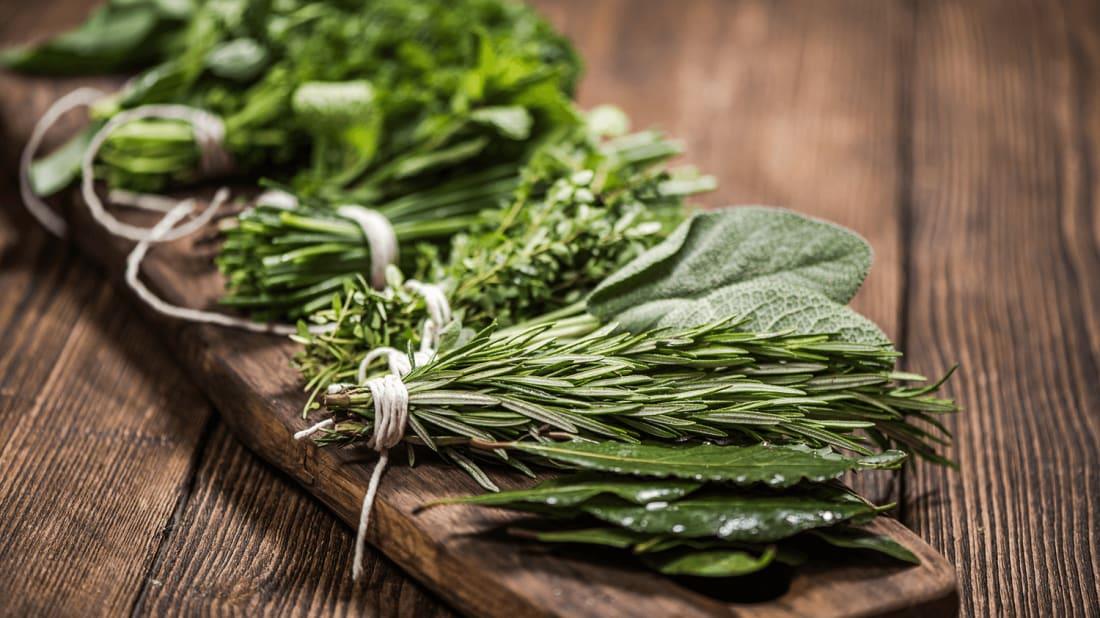 |
[TAG48]Learn herbs from respected professional herbalists offering world-class herbalist training. The NEW Professional Herbalist Course includes courses on over 600 |
 |
[TAG49]Patrick Bet-David, Adam Sosnick, Tom Ellsworth and Vincent Oshana discuss Bill Maher's appearance on Roseanne Barr's podcast where he denies knowing MK Ultra, |
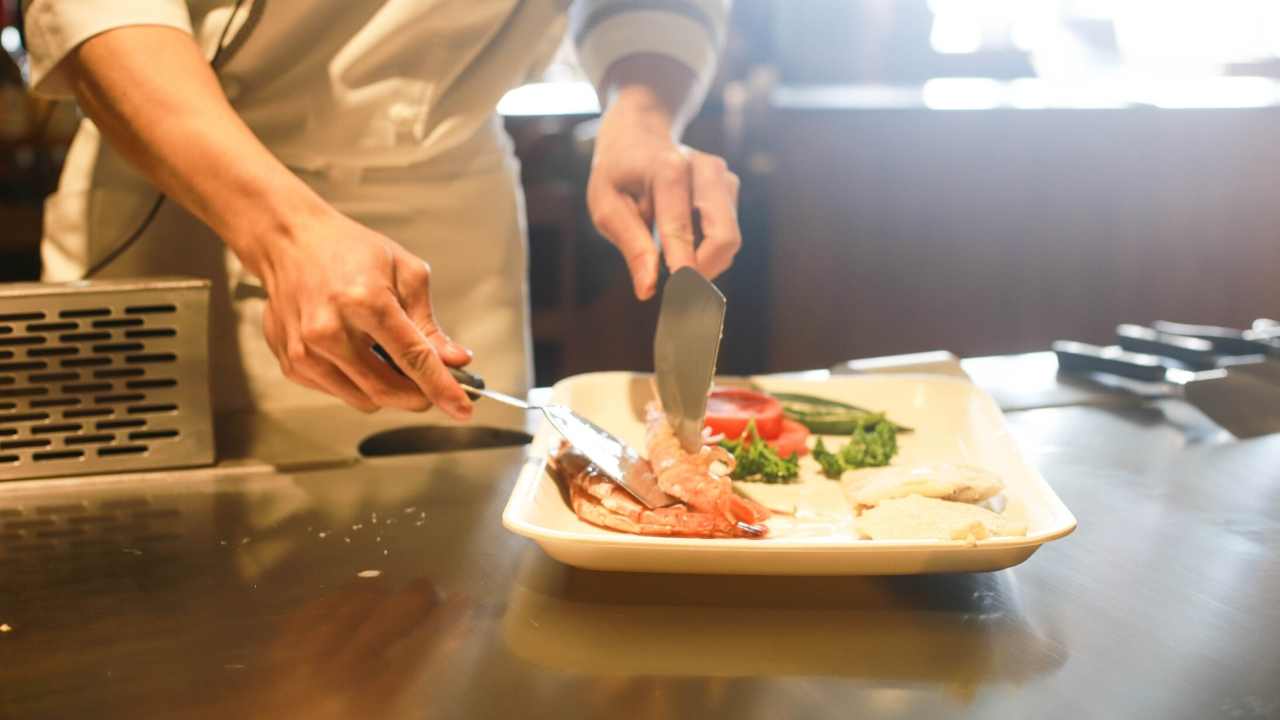 |
[TAG50]Use Code THOMAS25 for 25% off Your First Order from SEED: https://www.seed.com/thomasyt Obesity Pandemic - Willpower vs Genes vs Environment This video |
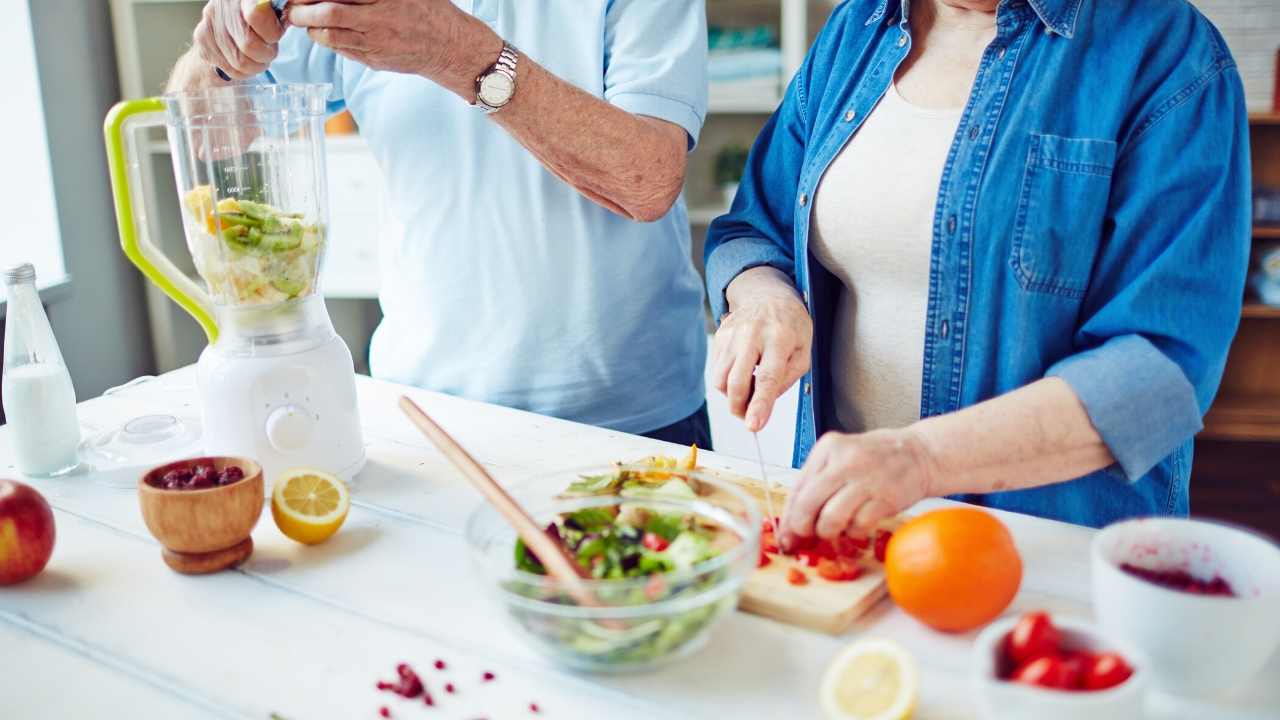 |
[TAG51]Harvesting self-grown vegetables - bursting with emotions when the old lady handed over the red book Thank you for watching my video. Wishing you good health, |
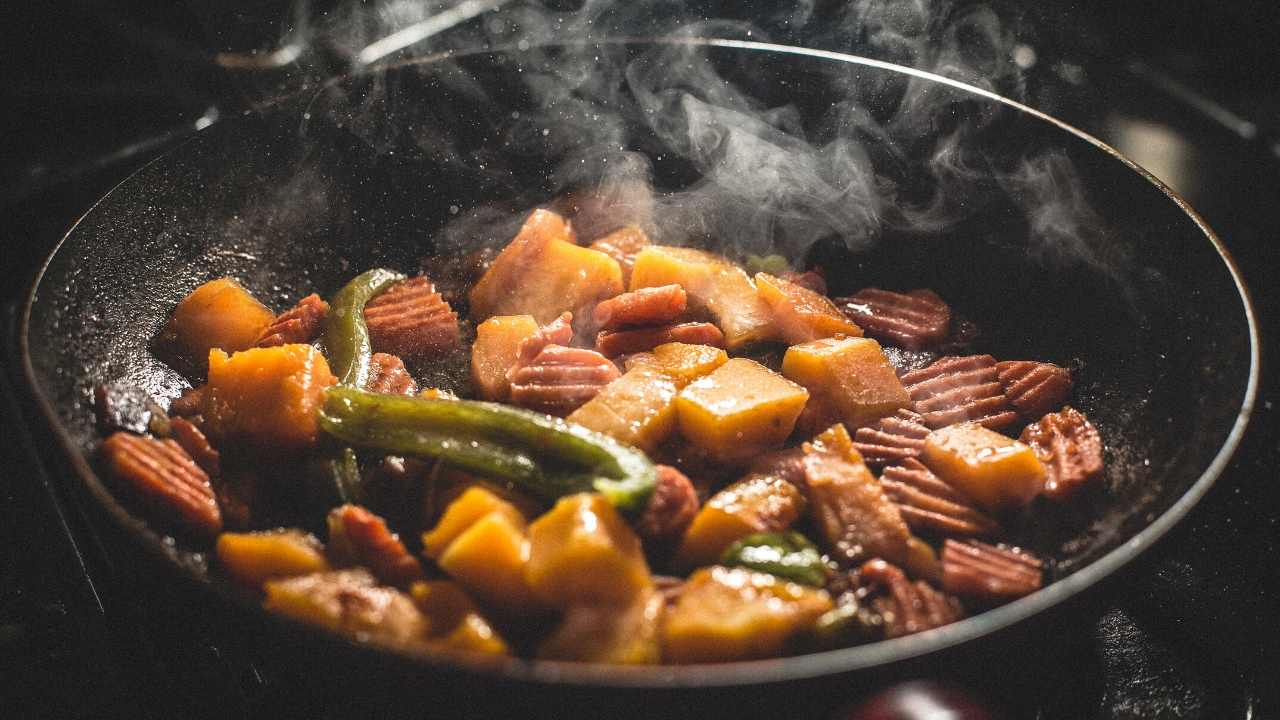 |
[TAG52]In This Video I'm Gonna Show You How To Find And Farm All 7 Herbs In Terraria! Enjoy ! :) #terraria #guide #tutorial |
 |
[TAG53]Former President Trump in recent remarks is now working to portray President Biden as a threat to democracy, saying Biden 'is the destroyer of American |
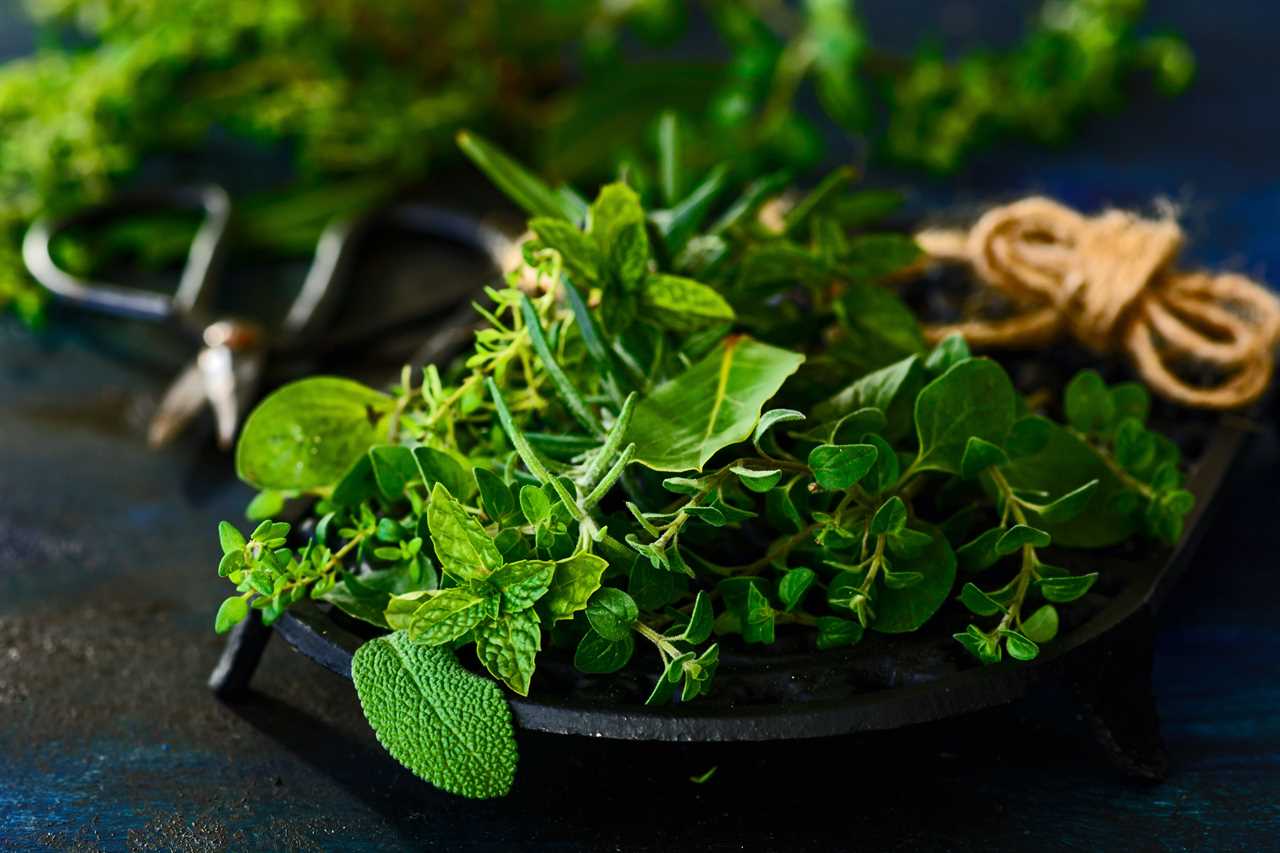 |
[TAG54]Find out more about herbs and how to use them |
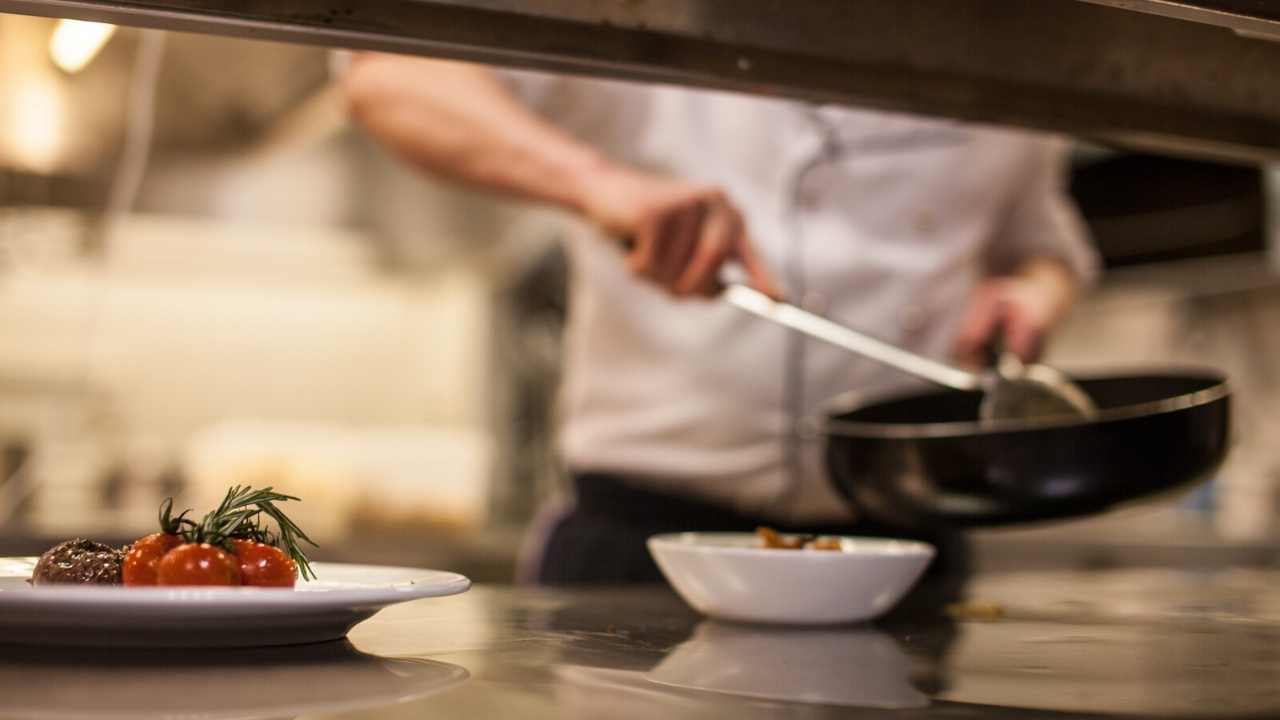 |
[TAG55]Read about our list of the best citrus bergamot supplements and how they may help to reduce cholesterol levels, balance blood sugar levels, and more. |
 |
[TAG56]SPONSORED CONTENT When it comes to finding the best herb suppliers, there are many different places you can shop. However, ... Read more |
 |
[TAG57]Black seed oil is a popular herbal supplement used to improve blood sugar, support heart health, reduce inflammation, enhance brain ... Read more |
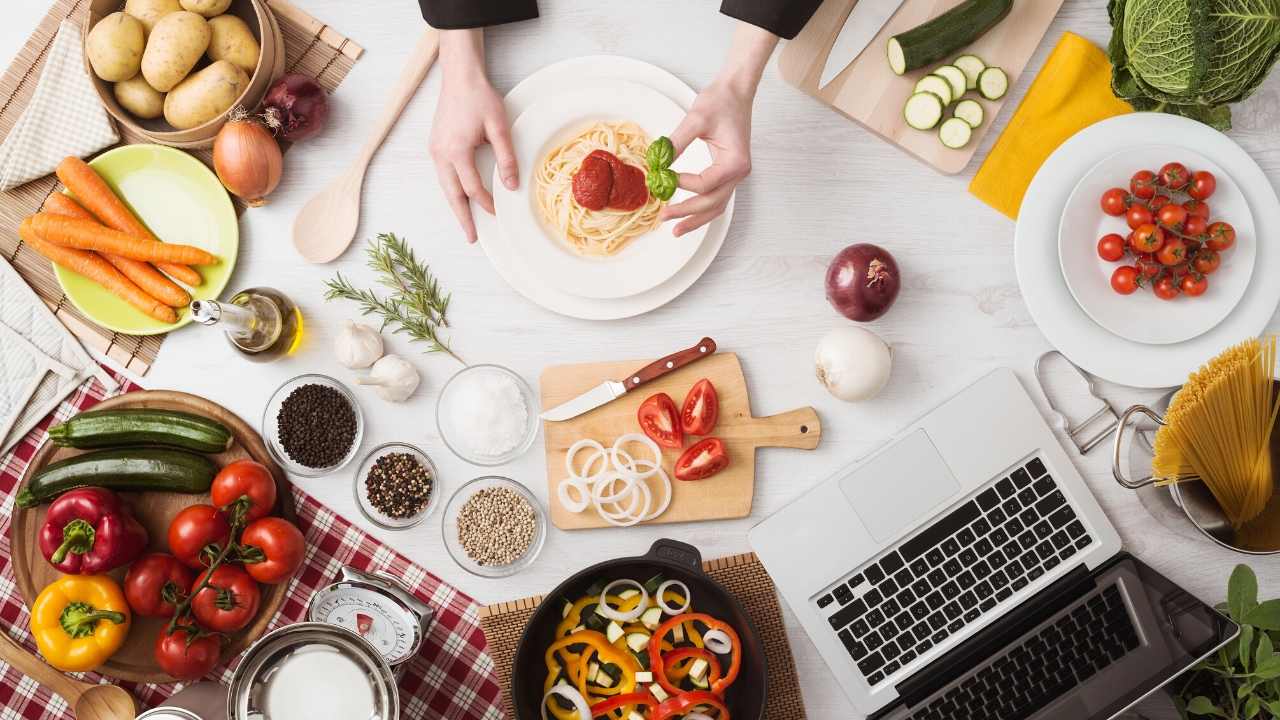 |
[TAG58]Join me in this new episode as I’m sharing five medicinal benefits of hops, as well as an interesting way for you to work with hops in a hops oil recipe. |
 |
[TAG59]In this episode, I’m sharing five steps to take so that when you do commit to a particular course of study, you’ll know you’ve chosen the very best one for YOU. |
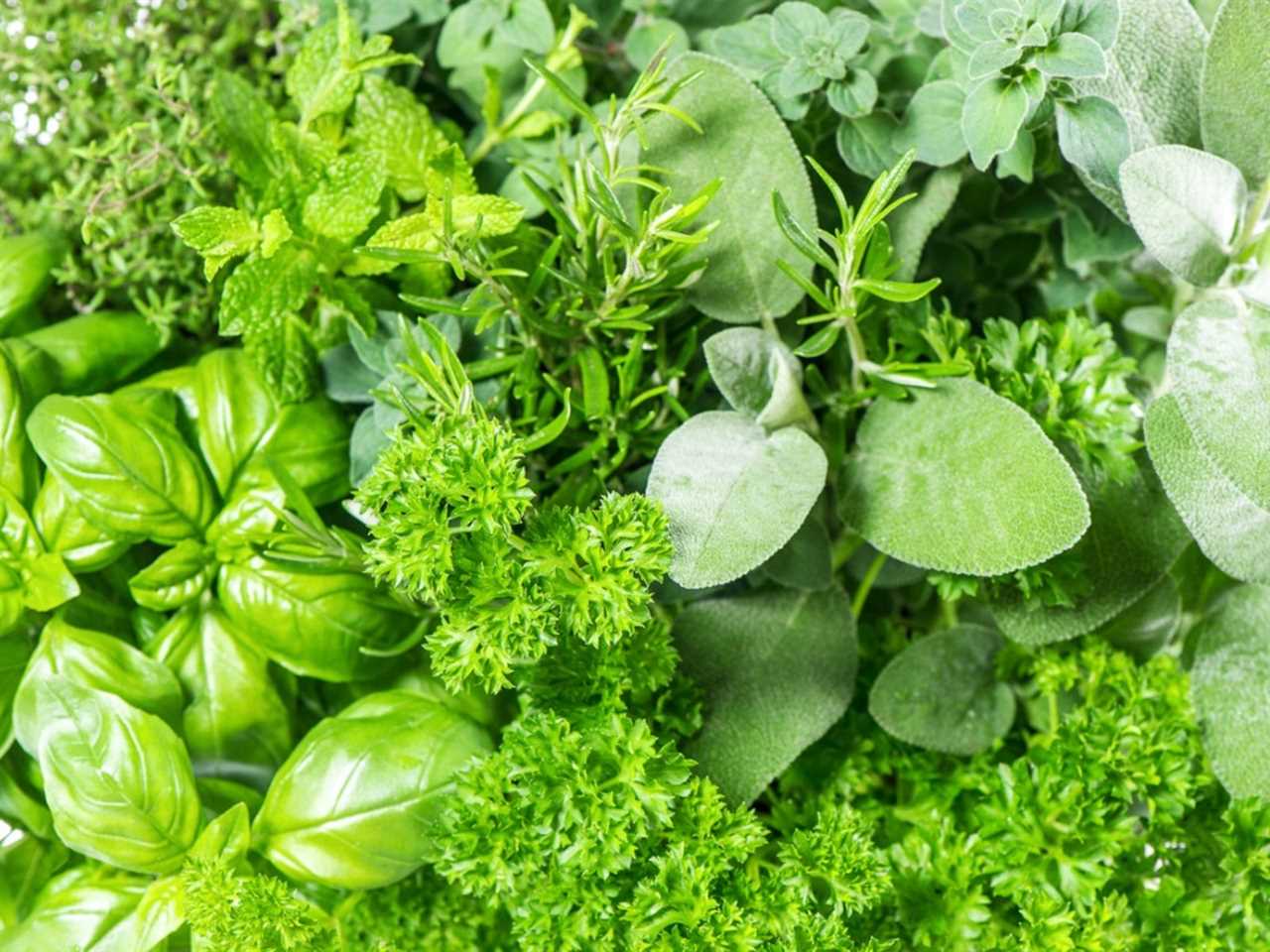 |
[TAG60]Like life, tea is what you make of it and The Cup of Life helps individuals enjoy tea in more than one way. Join me on my tea adventures through my blog! |
 |
[TAG61]Weight loss can be a great way to manage your overall health, especially if you want to reduce your risk ... Read more |
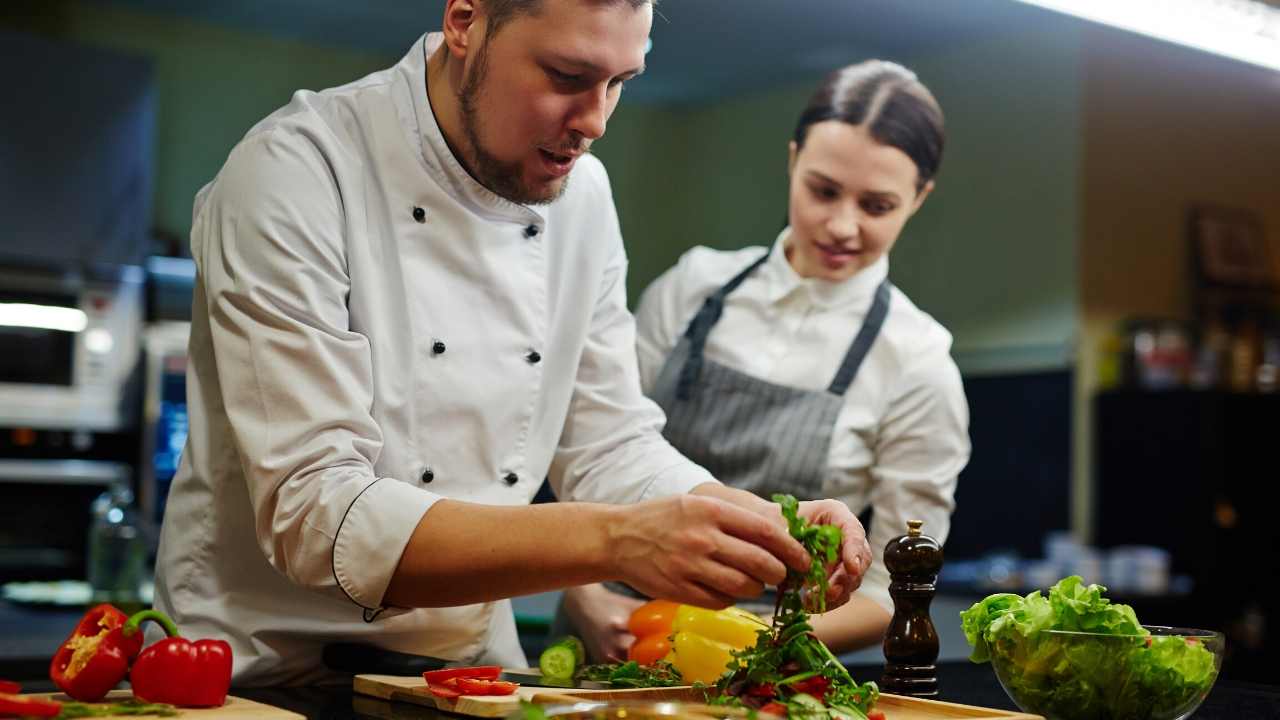 |
[TAG62]Have you ever wondered how to become an herbalist? Herbalism is the art and science of using herbs for health. ... Read more |
 |
[TAG63]In this episode, you’ll learn all about holy basil benefits for your heart, immune system, brain health and so much more. And don't miss my new ebook! |
 |
[TAG64]The gifts of bee balm include promoting digestion, helping you recover from colds and the flu, fighting fungal and yeast infections… and many more! |
 |
[TAG65]Find out how to make a marshmallow root tea recipe for the best marshmallow root benefits and experience one of our most healing and soothing medicinal herbs! |
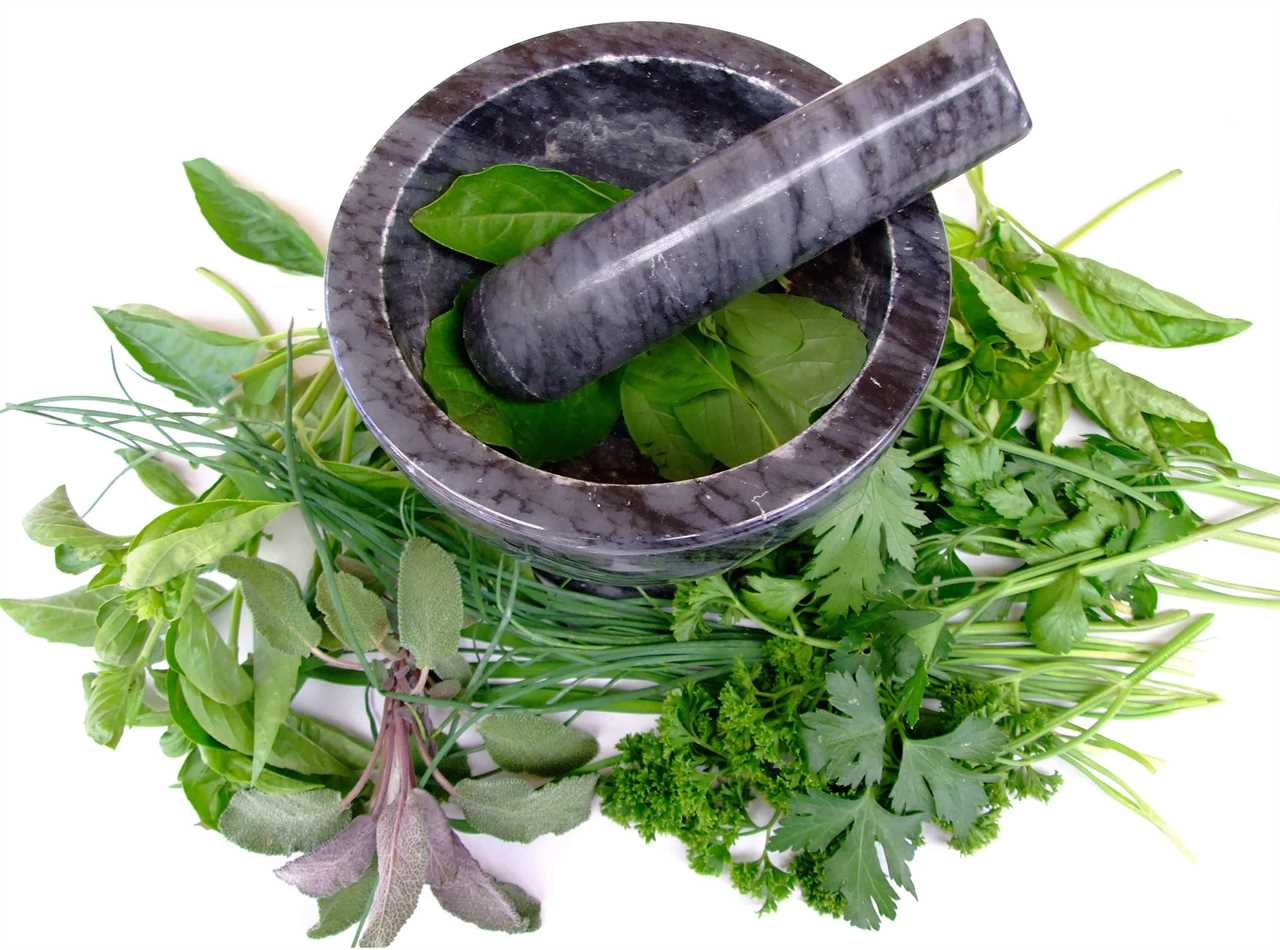 |
[TAG66]A tea assessment platform that rates teas based on objective quality markers and a sensory evaluation resulting in a list of the best teas produced each year. |
Did you miss our previous article...
https://belovedsaffron.com/herbs/eatweeds-feijoa
.png)





